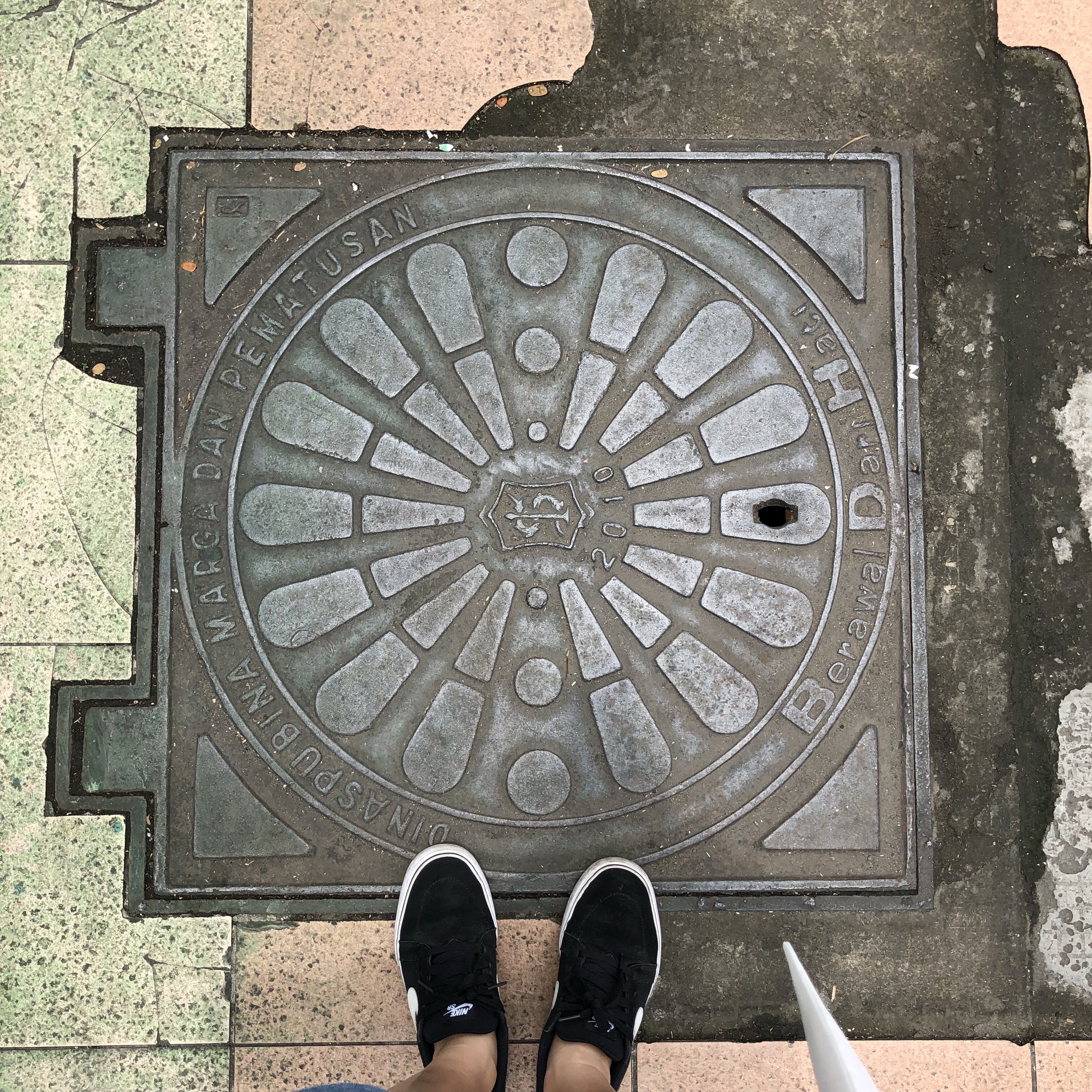Imagine that you’re given these information:
Mr X has a water tank which has a base 120cm x 75cm and it’s half full.
By 1pm, he threw the 1/3 of the water away
By 2pm, he threw again 4/7 of the water away
By 3pm, he threw the 3/5 of the water away
The remaining water in the tank is 36 liters, how tall his water tank is?
What we can learn from this question?
First, sometimes in life, they give you a lot of info which doesn’t help you to solve the problem. For example, what’s the use of the time in this content? Doesn’t help you at all right?
Second, most of the times, people like to leave the question at the end of the sentence. So learn to pay more attention to what does other people said. I was scolded many times by my Japanese sensei because I tend to give big reaction when I heard something without waiting her to finish the sentence. As a result, usually it’s not something which I thought. So, I just pick up things I like to hear (selective hearing) and put assumptions to connect the stories.
Although if we see it from another angle. Most of us are so busy, so said it upfront what do we want. But not all people can accept such straightforwardness. So, gauge the situation.
What do you think?
PS: those problem is an example of Primary 5 Math problem in Singapore. I don’t recall that my Primary 5 Math was that difficult.
PPS: also I’d say, Mr X likes to play with water, ha!
PPPS: try to solve the math problem above.



